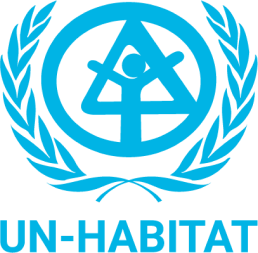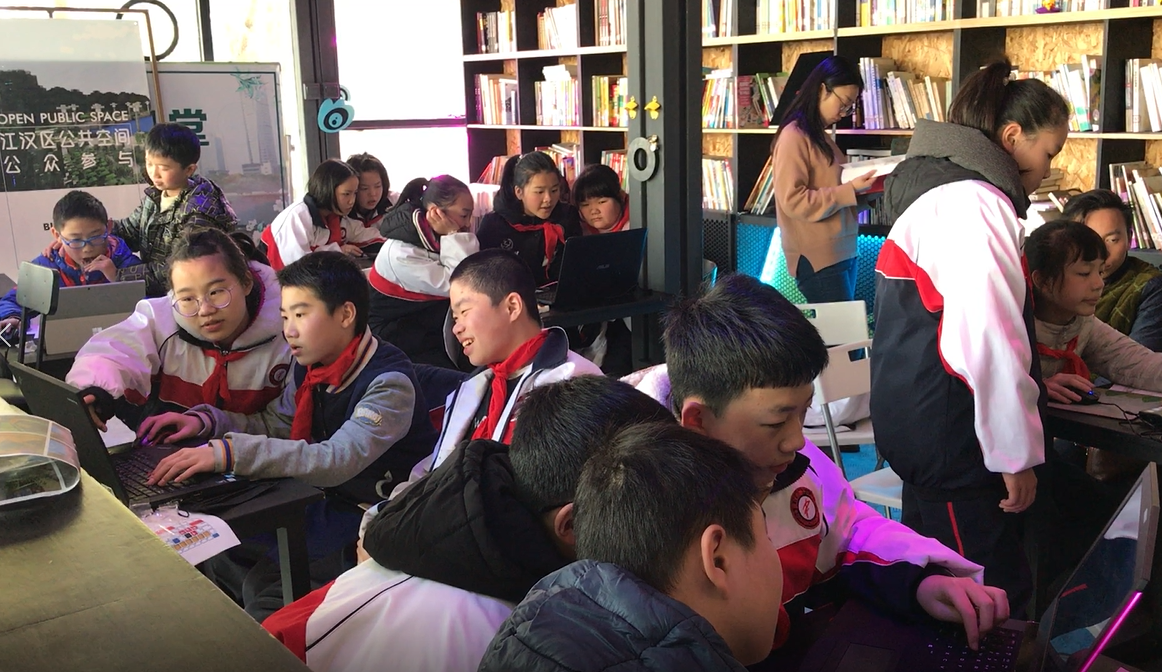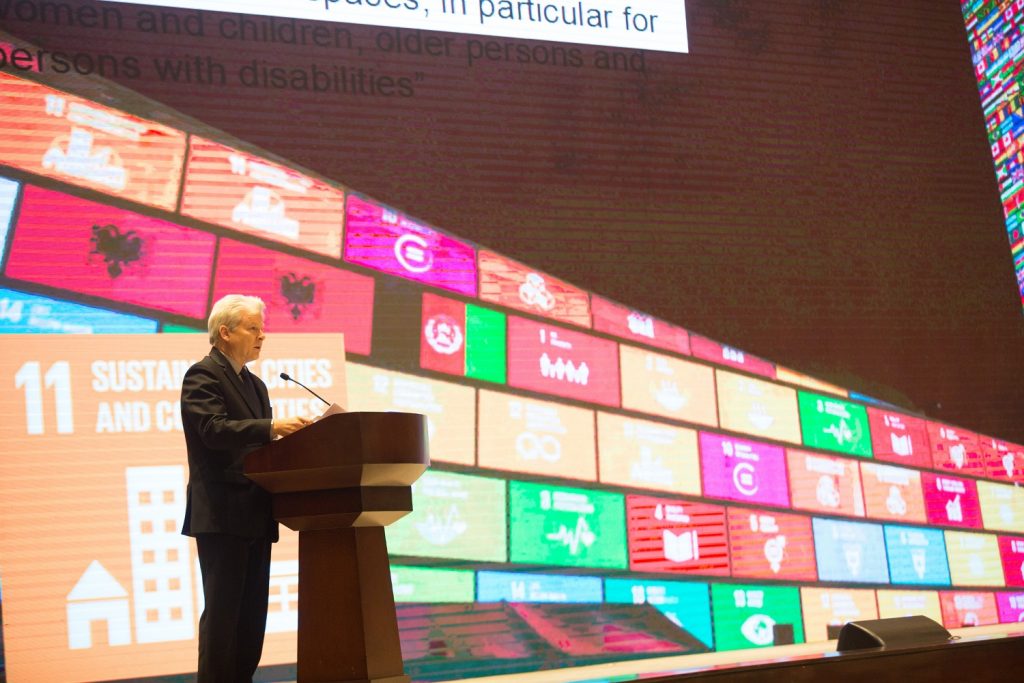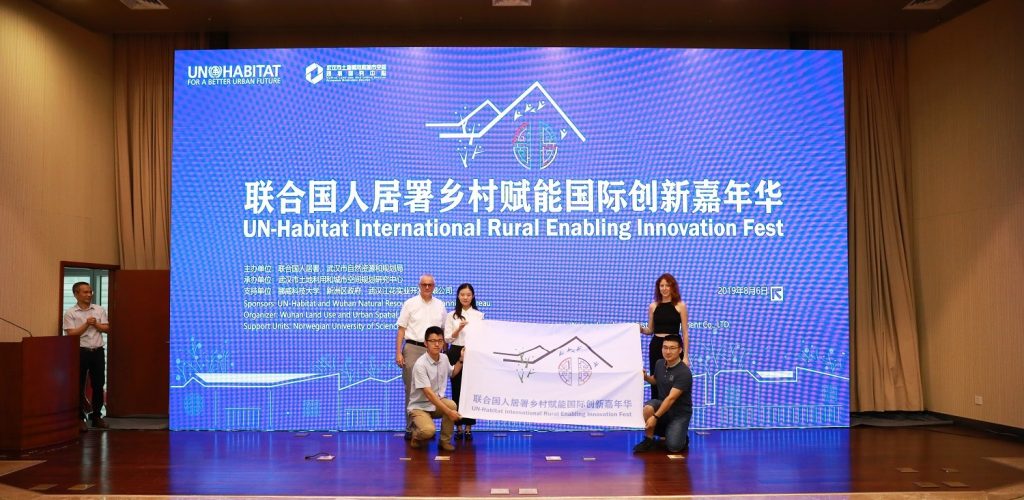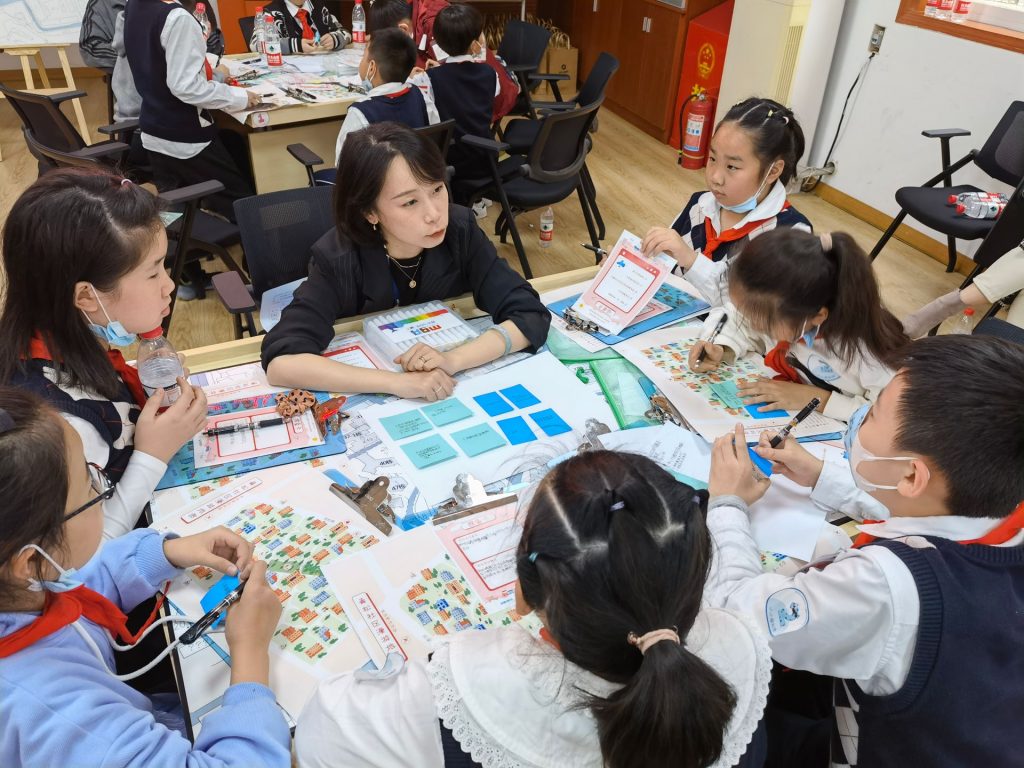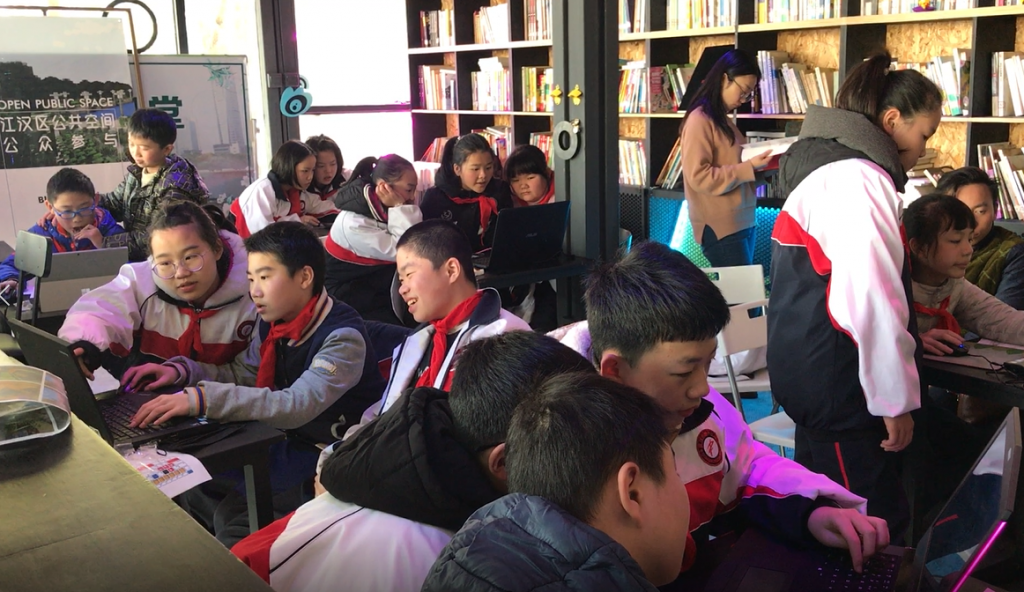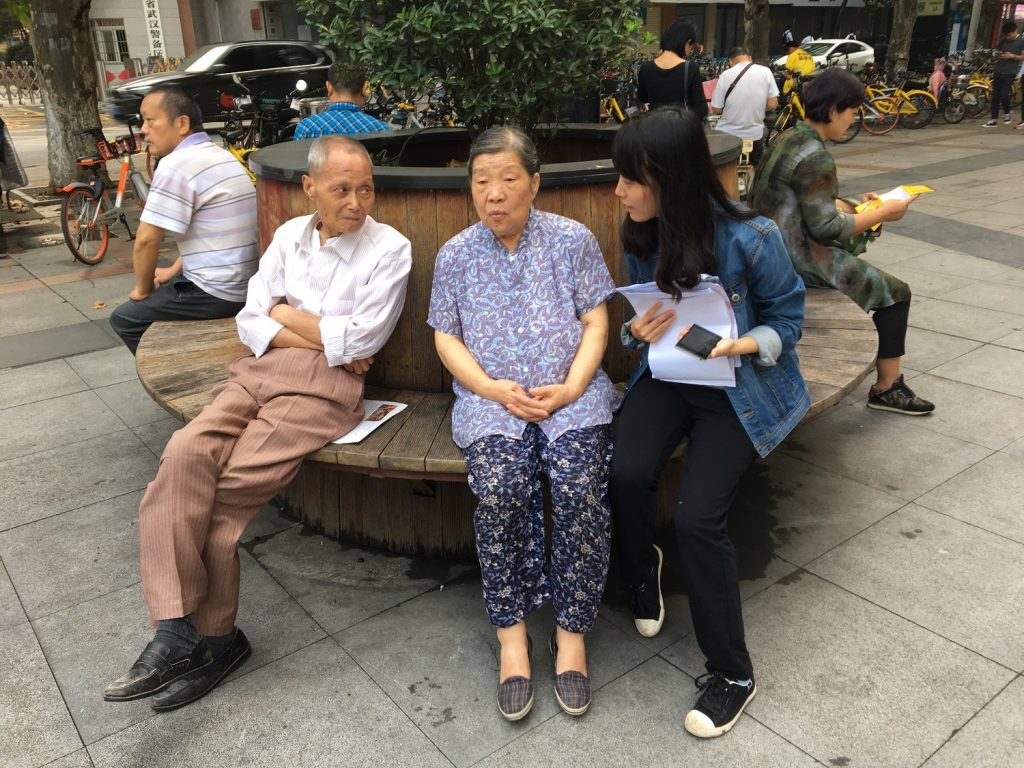Background
Building inclusive, healthy, safe, connected, integrated and productive cities is perhaps the greatest challenge facing city leaders and managers today. There are no easy solutions, yet a key part of the puzzle lies right in the heart of cities and towns: the streets and public spaces. Attractive, active, well-functioning public space helps build a sense of community and civic identity as well as promote economic development and culture.
Public space is a vital component of a prosperous city. Well designed and managed public spaces are a key asset for a city’s functioning and the quality of life for people is directly related to the state of its public spaces. Well planned public space helps mold the urban form, carries necessary public utilities, enhances mobility and communication. Public space takes many spatial forms, including parks, the streets, sidewalks and footpaths that connect, playgrounds of recreation, marketplaces, but also edges spaces between buildings or roadsides which are often important spaces for many vulnerable people among urban citizens, including children, youth, elderly, women, people with disabilities and street hawkers.
UN-Habitat initiated the People Oriented Urban Public Space Programme in China (PO-UPS) in June 2016, launching it officially in July 2017. The programme is contributing to the implementation of the Sustainable Development Goals (SDGs) adopted in September 2015. The Target 7 of Goal 11 states that “By 2030, provide universal access to safe, inclusive and accessible, green and public spaces, in particular for women and children, older persons and persons with disabilities”. The programme aims to enhance collaboration and networking in China, among urban stakeholders, to advance awareness, knowledge, tools and policies for better urban public spaces. Contributing to the Leaving No One Behind pledge of the 2030 Sustainable Development Agenda which launched the SDGs, the programme also seeks to explore, with Chinese partners, the challenges of social and spatial inequality in the urban-rural continuum, through a public space and urban design lens.
Brief Introduction of the Wuhan Pilot Project
The Wuhan Pilot Project is a key driver of the PO-UPS Programme. The 5-year partnership of UN-Habitat and the Wuhan Land Use and Urban Spatial Planning Research Center (WLSP) has become a benchmark for UN-Habitat for quality collaboration in China. The thematic anchor has been on urban public spaces for all and how to improve them with evidence-based planning and participatory approaches.
Unquestionable highlights in the past 5 years have been the district-wide public space assessments, the block-by-block participatory urban design labs with children and communities and the 2018 International Placemaking Week with 400 participants including 100 who came from 40 countries. A comprehensive Guideline on child-friendly city planning and development was developed.
The collaboration systematically explored new challenges, from the lens of quality urban public space for all. The expanded themes and issues included heritage and urban renewal, inner-city communities and their livelihoods, people-centered parks and riversides, revitalized peri-urban communities and urban-rural linkages. The Pandemic ushered in a focus on communities and response and healthy cities. Going to 2022, there is renewed urgency on resilience and mitigation through planning. The collaboration between UN-Habitat and WLSP is a genuine knowledge partnership. Actually, each year, WLSP polls its staff to decide on those priority challenges that would benefit most from the collaboration with UN-Habitat and UN-Habitat’s networks. Year after year, the joint work plans have reflected pressing issues, locally relevant and well recognized nationally and in the UNSDCF. Leaving no One Behind is the overriding issue in China’s UNSDCF – and in UN-Habitat’s collaboration with Wuhan.
Objective
The aim is to strengthen knowledge and networking among Chinese urban stakeholders, on how to improve public spaces for all, in support of the SDG 11.7 target.
Activities
2016 Inception Meeting of Donghu Greenway Pilot Project
2016 Expert Group Meeting of “International Guidelines on Urban and Territorial Planning”
2017 Launching Meeting of PO-UPS Programme in China
2017 EGM on Reviewing Donghu Lake “Green Heart” Prephase Planning
2017 Translation of the Global Public Space Toolkit into Chinese
2017 Training Session to the Principles and Practice in Public Space Programme for National Partners
2017 Block by Block Workshop for Eryaolu Community of Jiang’an District, Wuhan City, China
2017 Block by Block Workshop for Northwest Lake Area of Jianghan District, Wuhan City, China
2017 Public Space Assessment in Jianghan District, Wuhan
2017 Collaboration for the Comprehensive Development Plan of Bidur, Nepal
2018 International Urban Design Student Competition on Guibei Area, Wuhan City
2018 Expert Group Meeting on Deshengqiao Area of Wuhan District, Wuhan
2018 International Placemaking Week (Wuhan China)
2018 Expert Group Meeting on Reviewing the Research Results of Wuhan as Historical City
2018 Block by Block Workshop for Gejiaying Community of Wuchang District, Wuhan City, China
2018 Training session to the principle and practice in Public Space Programme for university students in Wuhan, China
2018 Training sessions to the principle and practice in Public Space Programme for international professionals in Wuhan, China
2018 Collaboration for the Historical and Cultural Conservation and Development Plan of Kirtipur, Nepal (2018-2035)
2018 WLSP team’s participations and presentations in UN-Habitat III, WUFs and networking events
2019 Public Space Assessment in Wuchang District, Wuhan
2019 Spatial Planning Guideline of Developing China-Friendly City in Wuhan
2019 Expert Group Meeting on Reviewing Spatial Planning Guideline of Developing Child-Friendly City in Wuhan
2019 UN-Habitat International Rural Enabling Innovation Fest
2019 EGM on Changsha Chaozong Street Historical and Cultural Neighborhood Organic Renovation in Changsha City, China
2019 WLSP team’s participation in UN-Habitat Assembly in Nairobi
2019 WLSP Secondments to Nairobi
2020 Wuhan Guidance Papers on Fighting Against COVID-19 of Wuhan and Other Cities in China
2021 Training Session on the subject of “Source Book: Integrating Health in Urban and Territorial Planning” and international experience on Health City 2021 Participatory Child-Friend Community Workshop in Jianghan District, Wuhan City
Donors and Key Project Stakeholders
Donor:
Wuhan Land Use and Urban Spatial Planning Research Center
Wuhan Planning and Design Institute
Kaifu Shanty Town Regeneration Investment Co. Ltd, Changsha City, China
Key Project Stakeholders:
Global Public Space Programme of UN-Habitat
Wuhan local Communities
Project for Public Space (PPS)
ISOCARP
Shelter Program (ARCADIS)
Ezhou City, Hubei Province, China
Wuhan University
Huazhong University of Science and Technology
Other Universities in Wuhan and in other cities of China
Norwegian University of Science and Technology (NTNU)
Bidur and Kirtipur Municipal Governments in Nepal
Relevant Programme
Relevant Links
Localizing the International Guidelines on Urban and Territorial Planning (IG-UTP) in China
Pilot Project launched for Improved Urban Public Spaces in China
